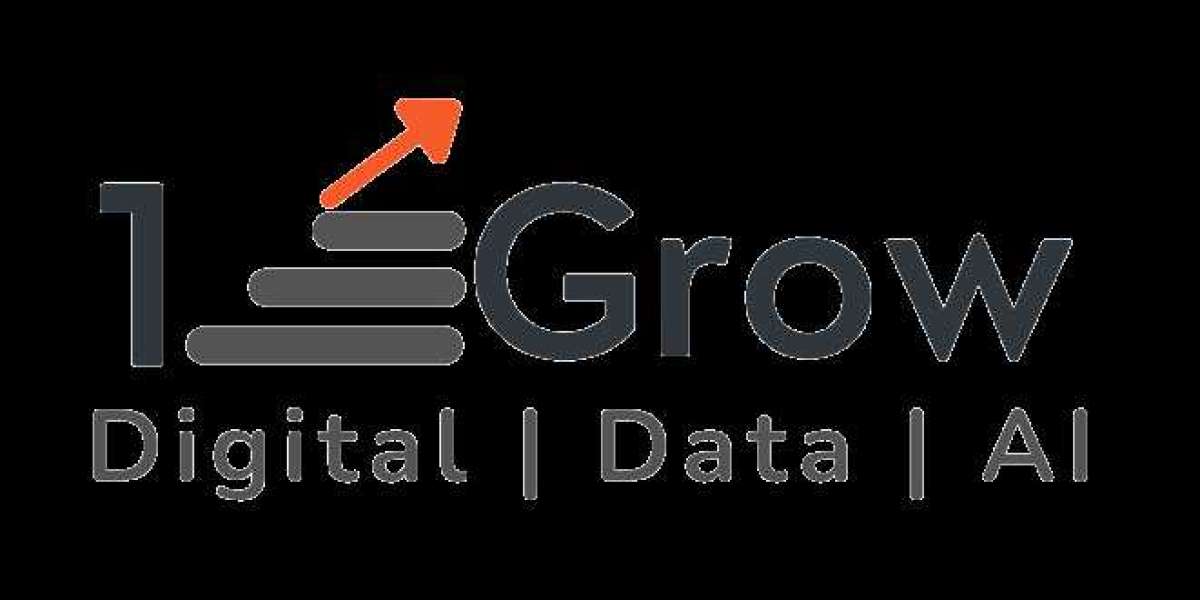Introduction
In the era of big data, data scientists have emerged as the architects of insight and innovation. They play a pivotal role in transforming raw data into valuable information that drives informed decision-making across various industries. But who exactly is a data scientist, and what are their roles and responsibilities? In this article, we will delve into the world of data science to understand the key aspects of this profession.
Defining a Data Scientist
A data scientist is a skilled professional who possesses a unique blend of technical expertise, statistical knowledge, and domain-specific insights. They are tasked with extracting meaningful insights and patterns from vast datasets to solve complex problems and make data-driven recommendations. Data scientists are often referred to as the "unicorns" of the tech world because they possess a diverse skill set that includes programming, mathematics, and domain expertise.
Roles and Responsibilities
- Data Collection and Cleaning: Data scientists are responsible for acquiring, gathering, and cleaning data from various sources. This process involves ensuring data quality, handling missing values, and transforming raw data into a usable format. They may use programming languages like Python or R and database technologies to manage data efficiently.
- Data Analysis and Exploration: Once data is prepared, data scientists explore and analyze it to identify patterns, trends, and anomalies. They employ statistical techniques, data visualization tools, and machine learning algorithms to gain insights from the data. This step is crucial in understanding the underlying dynamics of the dataset.
- Model Building and Machine Learning: Data scientists build predictive and prescriptive models to solve specific business problems. They select appropriate machine learning algorithms, train models on historical data, and evaluate their performance using various metrics. These models can be used for tasks such as customer segmentation, fraud detection, or recommendation systems.
- Feature Engineering: Feature engineering involves creating relevant input variables for machine learning models. Data scientists identify and transform raw data into meaningful features that can improve model accuracy and effectiveness. This process requires domain expertise to select the right features.
- Communication and Visualization: One of the essential responsibilities of data scientists is to communicate their findings effectively. They create data visualizations, reports, and presentations to convey insights to non-technical stakeholders. Clear communication is vital to ensuring that data-driven decisions are made across the organization.
- Continuous Learning and Innovation: Data science is a rapidly evolving field. Data scientists must stay updated with the latest technologies, tools, and methodologies. They also need to innovate by exploring new approaches to solving complex problems and improving existing models.
- Ethical Considerations: Data scientists should be aware of ethical issues related to data, such as privacy concerns, bias in algorithms, and the responsible use of data. They must ensure that their work aligns with ethical guidelines and legal regulations.
- Collaboration: Data scientists often work in interdisciplinary teams, collaborating with data engineers, business analysts, and domain experts. Effective collaboration is essential to ensure that data solutions align with the organization's goals and objectives.
Conclusion
A data scientist is a multifaceted professional with a diverse skill set that combines technical expertise, statistical knowledge, and domain-specific insights. Their roles and responsibilities encompass the entire data lifecycle, from data collection and cleaning to model building and communication of insights. Data scientists are instrumental in unlocking the potential of data, enabling organizations to make informed decisions and gain a competitive edge in the modern data-driven world. As the field of data science continues to evolve, data scientists will remain at the forefront of innovation, driving progress in various industries.
Our success depends on it. Make a difference in the fight against evolution change with 1stepGrow Advance Data Science and Artificial Intelligence Course. This comprehensive program arms learners with cutting-edge tech tools, Real-world projects, interactive coursework, and personalized career support provide a hands-on learning experience, preparing you to be an active force of change. Not just that, but you will also receive unlimited job referrals from the 1stepGrow team to get you ample opportunities to get placed in one of the top MNC’s.







